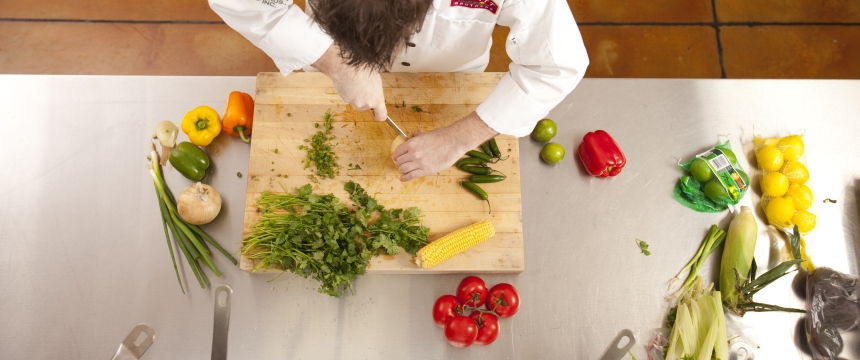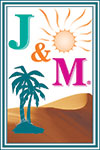
Many non-Muslims incorrectly believe that halal certification means that a Muslim “blesses” the plant and declares that for some reason, the products have become halal.
Others fail to use dhabiha (zhabiha) halal meat, incorrectly believing that as long as the meat is not pork, it is halal.
Worse is that some producers mistakenly believe that eliminating known pork and alcohol ingredients in their product enables them to “self-certify” and label the product as halal. This is a false assumption.
Proper and reputable halal certification is most important in commerce where consumers must rely upon a trusted independent certifier to confirm the product’s acceptability. This is most important to food service and field operations.
When we first started pursuing the halal market in the early 1990’s, there were few trained and qualified Islamic inspectors or certifying agencies. For many ingredients, standards were lax or non-existent, while others had false claims of halal certification. It was a time where we found Muslims claiming a product or meat item was halal because they were Muslim, not because of on-site Islamic inspection and participation.
While fewer in number, even now we learn that there are certifying agencies that have claimed halal status, particularly of meat, when it was not true. For example, when the halal production day does not yield enough halal slaughtered meat, these agencies may allow non-halal commercial meat to fill out the order and inappropriately certify the entire order as halal. More actively involved customer groups and government intervention are needed in exposing such charlatans.
